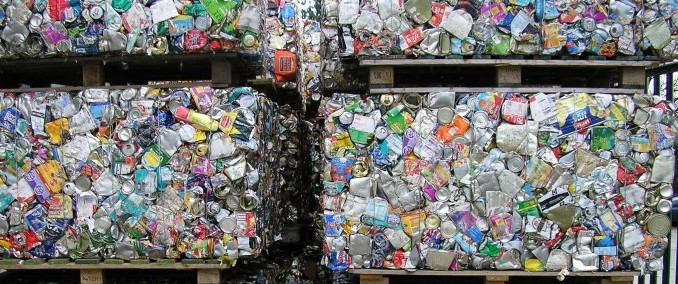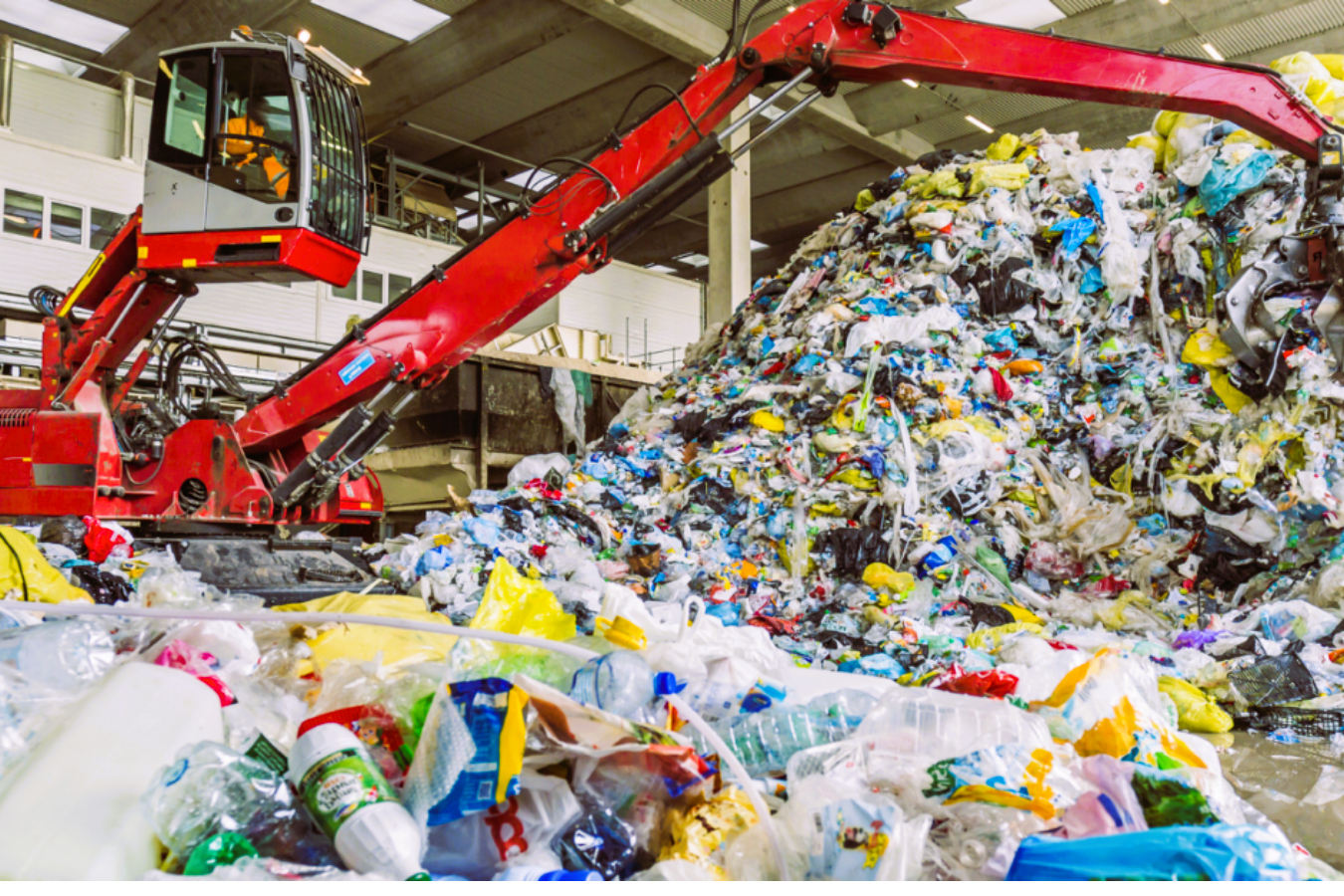Embracing an eco-friendly lifestyle has been a journey marked by lessons, starting from grade school lessons on reusable containers to environmental competitions and recycling programs. Yet, as we transition into adulthood, the responsibility to uphold these practices becomes more personal. The challenge, however, lies in the accessibility of these Earth-saving methods, especially in smaller townships.
Having resided in Ottawa, a city with commendable recycling and conservation programs, the move to a small township outside city limits brought unexpected revelations. The township's limited acceptance of recyclables became evident when I found scattered plastic containers and milk cartons on my front lawn — a less-than-welcoming introduction to my new community.
Unlike larger municipalities that accept a range of recyclables, my current township's rules exclude several items, including most plastics and waxed boxes. This stark contrast raises questions about the financial and logistical constraints faced by smaller areas in managing recyclables effectively.
While acknowledging the immediate financial strain, it's crucial to consider the long-term benefits of robust recycling programs. Several neighboring townships, including Arnprior, North Grenville, Smiths Falls, and Russell, manage to absorb costs and implement comprehensive recycling initiatives. This suggests that with strategic planning and community engagement, smaller townships can overcome barriers and contribute to environmental conservation. Do you like the article? Read the famous Ten Year Odyssey of Emerson Drive.

In the Ottawa Valley, where heritage towns like Almonte and Ashton boast scenic landscapes, there is an opportunity for growth. Preserving these towns necessitates proactive measures to align with contemporary environmental standards. The beauty of these landscapes is a finite resource, and efforts to preserve them should not succumb to financial constraints.
Implementing successful strategies from other municipalities, such as the bag tag system, could be a step forward. This system encourages responsible waste management by limiting the amount of non-recyclable, non-compostable garbage households can dispose of without additional charges. This approach not only reduces the environmental impact but also fosters a sense of responsibility among residents.
Ultimately, the obligation to recycle should be viewed as a collective responsibility rather than an individual choice. As we navigate the complexities of waste management in smaller townships, collaborative efforts and innovative solutions can pave the way for a greener, more sustainable future.
If you want to read more about this topic, you can visit the Wikipedia page.

